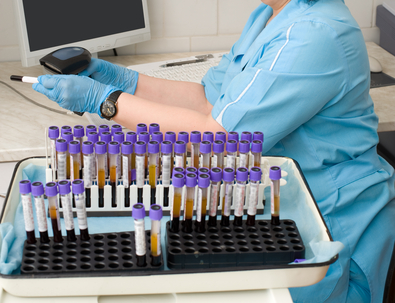If you’re diagnosed with cancer, one of your immediate concerns is how it will affect your everyday life, including your job. Can you continue to work while in treatment, or will you even be able to keep your position?
Can Work and Cancer Treatment Co-Exist?
No matter what form of cancer you have, your particular case is unique so there are no hard and fast rules concerning your job performance. Answers will depend on factors such as your overall health, stage of cancer, and your duties.
Go At Your Own Pace
You may find that you’re able to continue with your regular work schedule during immunotherapy for cancer or other treatments. If your job becomes too much of a strain or your doctor recommends that you cut back, here are some tips to help you manage:
• Change to a part-time schedule
• Work from home either full- or part-time
• Modify your working conditions, such as having a desk closer to the restroom
• Enlist help from your family with household chores so you have more energy for your work responsibilities
You’ll need to coordinate any modifications with your supervisor, so be sure to communicate with him/her regularly. As for co-workers, it’s your choice whom you tell and how much you tell them. You may want to discuss your illness only with your closest and most trusted co-workers.
Immunotherapy for Cancer: Individually Tailored for Your Specific Case
Immunotherapy for cancer includes personalized non-toxic therapies that can reduce the number and severity of side effects. Contact us to learn why Issels® is the leader in comprehensive immunotherapy for cancer protocols.



